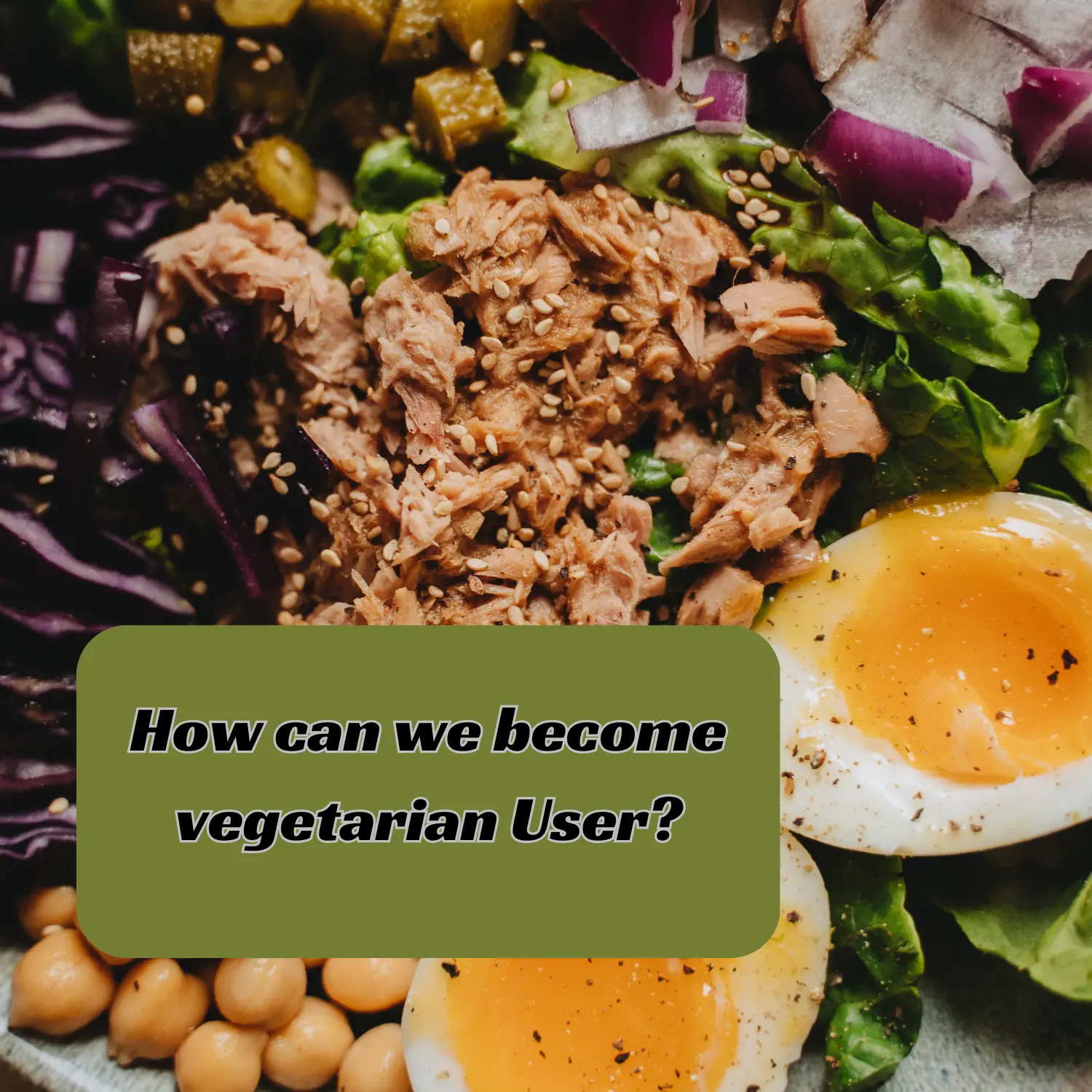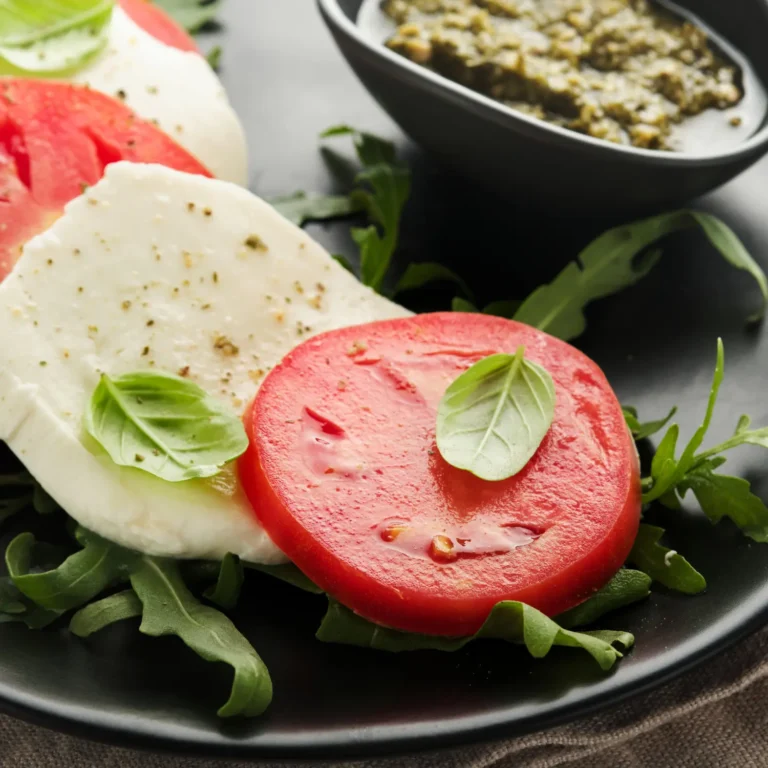How can we become vegetarian users?
Embarking on a vegetarian journey can be a transformative and rewarding experience for both your health and the planet. Whether you’re motivated by ethical reasons, environmental concerns, or health benefits, transitioning to a vegetarian lifestyle is a commendable choice. Here’s a user-friendly guide on how you can smoothly make the switch.
Table of Contents
Understanding Your Motivation
Before diving into the world of vegetarianism, it’s crucial to understand your motivation. Whether you’re driven by health reasons, environmental concerns, or ethical considerations, having a clear understanding of your goals will guide your journey and help you stay committed.
Start Gradually
Transitioning to a vegetarian lifestyle doesn’t have to be an abrupt change. Consider starting gradually by designating specific days of the week as meat-free. This gradual approach allows your palate and digestive system to adjust to a plant-based diet without overwhelming your taste buds.
Educate Yourself
A key aspect of becoming a successful vegetarian user is education. Familiarize yourself with various vegetarian sources of protein, essential nutrients, and meal planning. Understanding the nutritional aspects ensures you maintain a balanced diet throughout your journey.
Explore Vegetarian Alternatives
Discover the wide array of vegetarian alternatives available in the market. From plant-based burgers and sausages to tofu and tempeh, there are numerous delicious substitutes for traditional meat products. Experimenting with these alternatives can add variety and excitement to your meals.
Embrace Whole Foods
While exploring vegetarian alternatives is beneficial, it’s equally important to embrace whole foods. Fruits, vegetables, grains, legumes, nuts, and seeds form the foundation of a nutritious vegetarian diet. Incorporate a colorful variety of these foods into your meals for optimal health benefits.
Plan Balanced Meals
To ensure you’re getting all the necessary nutrients, plan well-balanced meals. Include a variety of vegetables, fruits, whole grains, and protein sources in each meal. This not only enhances the nutritional value but also keeps your taste buds satisfied.
Find Vegetarian Recipes
Explore the world of vegetarian cooking by finding exciting recipes that align with your taste preferences. There are countless vegetarian cookbooks, blogs, and websites that offer delicious and easy-to-follow recipes. Experimenting in the kitchen can make your transition to vegetarianism enjoyable.
Connect with the Vegetarian Community
Joining online forums or local vegetarian groups can provide valuable support and advice. Connecting with experienced vegetarians allows you to share experiences, get tips, and seek guidance on challenges you may encounter during your transition.
Gradually Reduce Meat Consumption
As you progress on your vegetarian journey, consider gradually reducing your meat consumption. This approach helps your body adapt to the change, and you may find that you naturally crave less meat over time.
Listen to Your Body
Pay attention to how your body responds to the changes in your diet. If you experience any deficiencies or discomfort, consult with a nutritionist or healthcare professional. They can provide personalized guidance to ensure you meet your nutritional needs.
Explore Vegetarian Restaurants
Discovering vegetarian restaurants or eateries with plant-based options can be a game-changer. Exploring these establishments not only makes dining out enjoyable but also introduces you to a variety of delicious vegetarian dishes.
Stay Open-Minded
Embracing a vegetarian lifestyle is a journey of exploration and discovery. Stay open-minded and be willing to try new foods, cooking methods, and cuisines. This flexibility ensures that your vegetarian experience remains vibrant and enjoyable.
Celebrate Milestones
Acknowledge and celebrate your milestones along the way. Whether it’s completing a month without meat or discovering a new favorite vegetarian dish, recognizing your achievements reinforces your commitment to a vegetarian lifestyle.
Nutritional Facts!
| Meal | Food Item | Calories | Protein (g) | Carbohydrates (g) | Fat (g) | Fiber (g) |
|---|---|---|---|---|---|---|
| Breakfast | Oatmeal with berries | 300 | 10 | 50 | 5 | 8 |
| Almond Milk | 60 | 1 | 8 | 3 | 1 | |
| Lunch | Quinoa Salad with Vegetables | 450 | 15 | 60 | 12 | 10 |
| Hummus | 100 | 5 | 10 | 6 | 3 | |
| Whole Wheat Pita | 150 | 5 | 30 | 2 | 5 | |
| Snack | Greek Yogurt with fruits | 200 | 15 | 25 | 8 | 3 |
| Dinner | Lentil Soup | 350 | 20 | 40 | 8 | 15 |
| Brown Rice | 200 | 5 | 45 | 2 | 5 | |
| Snack | Mixed Nuts | 150 | 6 | 8 | 12 | 4 |
Total Daily Intake: 1960 calories | 82g Protein | 276g Carbohydrates | 48g Fat | 49g Fiber
These values are approximate and can vary based on specific food brands and preparation methods. It’s important to tailor your diet to your individual nutritional needs and consult with a healthcare professional or dietitian for personalized advice.
Seek Professional Guidance
If you have specific health concerns or dietary restrictions, seeking guidance from a registered dietitian or nutritionist can be beneficial. They can provide personalized advice to ensure your transition to a vegetarian lifestyle aligns with your individual health needs.
Conclusion
Becoming a vegetarian is a gradual and personalized journey. By understanding your motivation, starting slowly, and staying open-minded, you can smoothly transition to a plant-based lifestyle. Embrace the diversity of vegetarian foods, connect with the community, and celebrate your achievements along the way. Your journey towards a healthier, more sustainable lifestyle begins with a single step.
FAQs
Is it difficult to get enough protein on a vegetarian diet?
No, there are plenty of plant-based protein sources, such as beans, lentils, tofu, and nuts, that can meet your protein needs.
How can I ensure I get enough iron on a vegetarian diet?
Include iron-rich foods like leafy greens, lentils, and fortified cereals in your diet, and consider consuming vitamin C-rich foods to enhance iron absorption.
Are there vegetarian alternatives for common meat-based dishes?
Absolutely! There are vegetarian alternatives for burgers, sausages, meatballs, and more, often made from plant-based ingredients like soy, peas, or mushrooms
Save this pin!








